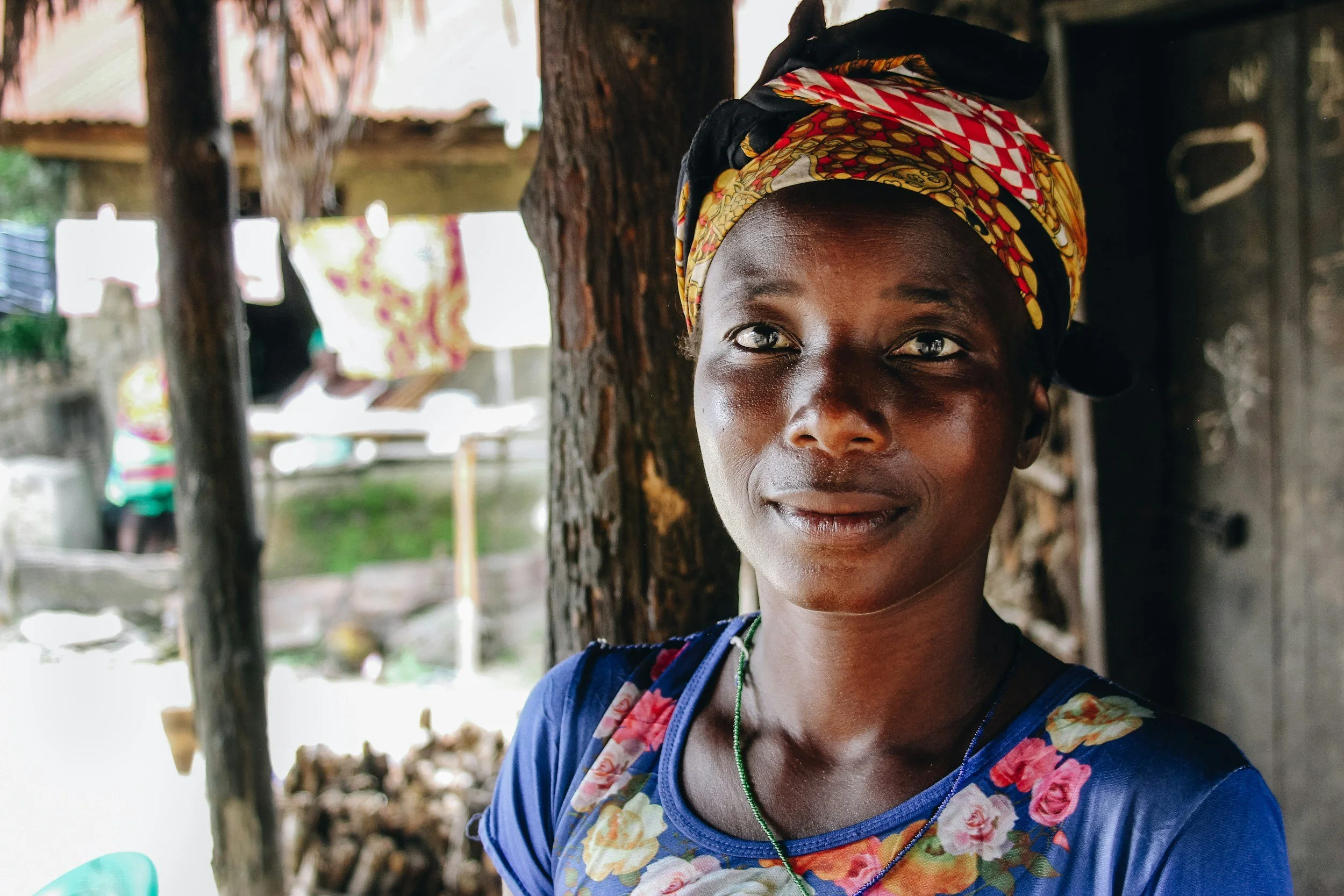Inua Jamii (Lift the Community) Initiative
A Partnership Between Three Small Churches in Ndhiwa, Kenya and Fellowship of Lone Shepherds to plant the seeds of sustainable personal and congregational income through funding small business ownership.
“When people seek to fulfill their callings by glorifying God in their work, praising Him for their gifts and abilities, and seeing both their efforts and its products as an offering to Him, then work is an act of worship to God.”
Steve Corbett
When we asked FLS pastors in developing countries what we could do to help them, they said, “If you want to help me, start by helping my congregation members.” The foundational issue for many congregations pastored by those who are active in Fellowship of Lone Shepherds is that their congregation members do not have stable, dignified ways to earn a living. This impacts FLS pastors in the following ways:
Pastors are heartbroken and discouraged by the suffering of their church members and their inability to do anything about it. They often give what little they have to alleviate that suffering, which, in turn, causes hardship for their own families.
When a church is unable to meet the immediate physical needs of impoverished people, they move on to another church that can. This makes it hard for a congregation to keep people around long enough for them to hear the gospel and to become invested in the life of the congregation. Sometimes the churches they move on to teach unbiblical doctrines and take advantage of their desperation.
When those who stay at the church rather than moving on are impoverished, they are not able to support the church’s most basic needs: chairs, musical instruments, Christian Education curricula, food for congregational meals, a safe building, etc.
Congregations filled with the poor do not gather enough tithes and offerings to provide a livable income (or any income) for their pastor(s). Pastors must find other ways to feed their families and pay for their children’s education including subsistence farming, odd jobs, etc.
If pastors are somehow able to earn a living through non-pastoral income sources, the dynamic between the pastor and congregation can become tense. Hungry congregation members flood the newly income-stable pastor with requests for assistance. The pastor either obliges or offends. It is a no-win situation.
The long-term, sustainable solution for all the issues listed above is for church members themselves to have adequate, sustainable incomes. When church members have reliable incomes, they do not move on to another church in search of food, and they can tithe and give offerings. When they can tithe and give offerings, the church has the money it needs to do ministry, and it can pay its pastor(s) a living wage.
The best way for church members in many communities in developing countries to earn a reliable income is through small business ownership. In developing countries, however, there is no way for most people to ever have the startup capital needed to launch even the smallest of businesses. The startup capital must be injected into the economy from an outside source until enough church members are earning adequate, reliable incomes that they can begin to help others in the congregation to do the same.
Fellowship of Lone Shepherds has partnered with three small congregations in the western Kenyan city of Ndhiwa—Word of Faith Church, Ndhiwa Gospel Church, and Redeemed Gospel Church—whose pastors are active in FLS, on an initiative to begin to “seed” small business startup capital into these congregations. This happens within a framework that includes training in small business ownership, financial literacy, and Christian financial stewardship as well as accountability to church leadership, a voice in decisions, and required savings and contributions toward startup capital for fellow church members.
The pastors of the three churches have named the initiative Inua Jamii (pronounced EE-noo-ah jah-MEE-ee), which is Swahili for “Lift the Community.” Through their faith in God and his history of mighty deeds of working through his Church, they are confident that by seeding small businesses among congregation members, the Lord will lift not only these three congregations but the communities that surround them. We invite you to allow the Holy Spirit to work through you to help make this a reality.
Partner with Our First Inua Jamii Cohort
-
This resilient mom has a dream to restart her grocery business: Rose’s Bio
-
This hardworking mom has a plan to expand her scrap metal business to make it more efficient and profitable: Joyce’s Bio
-
This mom is a talented baker and experienced businesswoman who seeks the opportunity to grow her bakery to serve more customers: Milicent’s Bio
-
This proud mom and dedicated church treasurer has built up a cereal business (maize, beans, and nuts) that is poised for growth: Emily’s Bio
-
This mom is a church leader and successful business owner who is excited to grow her small home-based general store: Mary’s Bio



